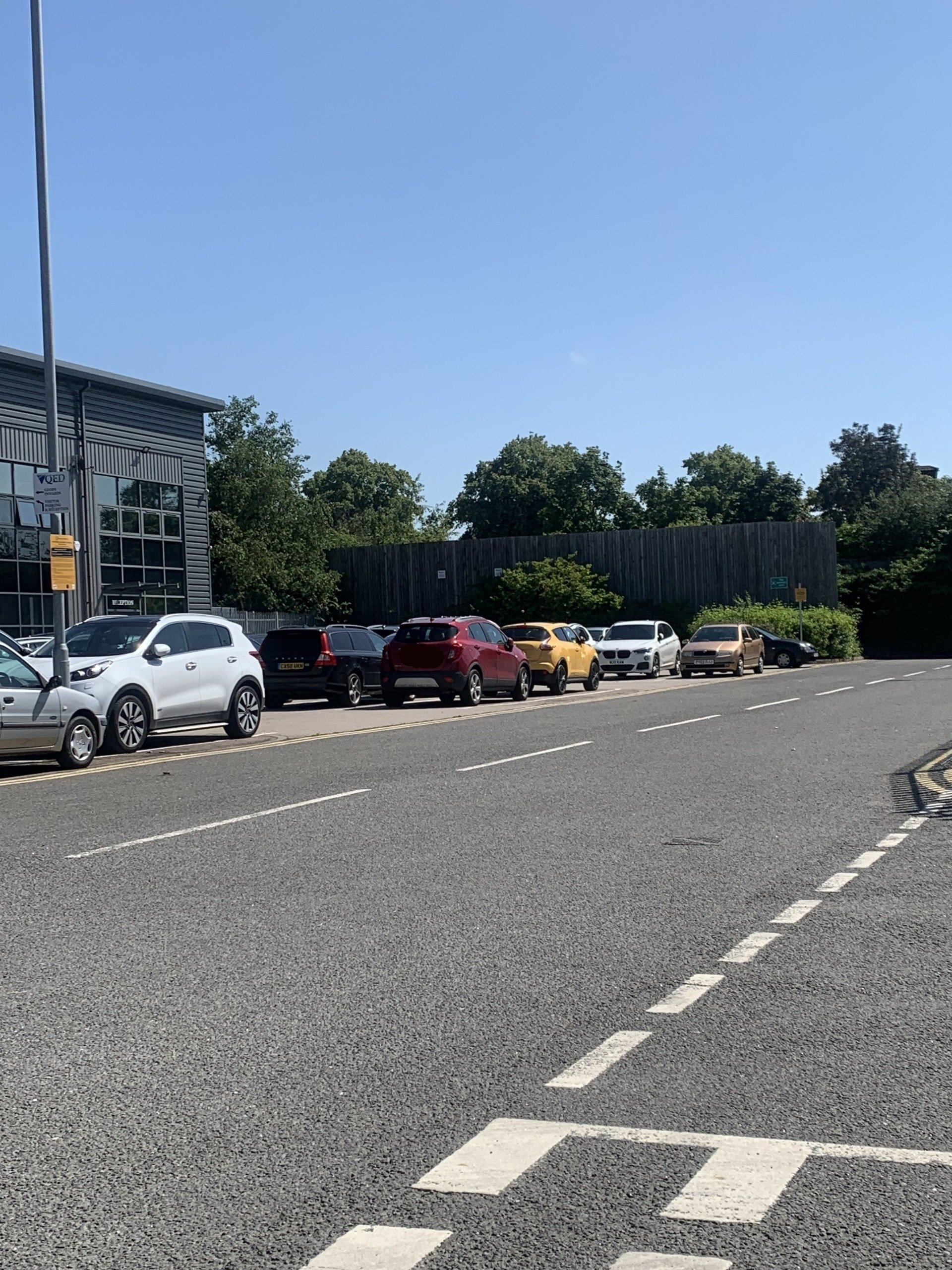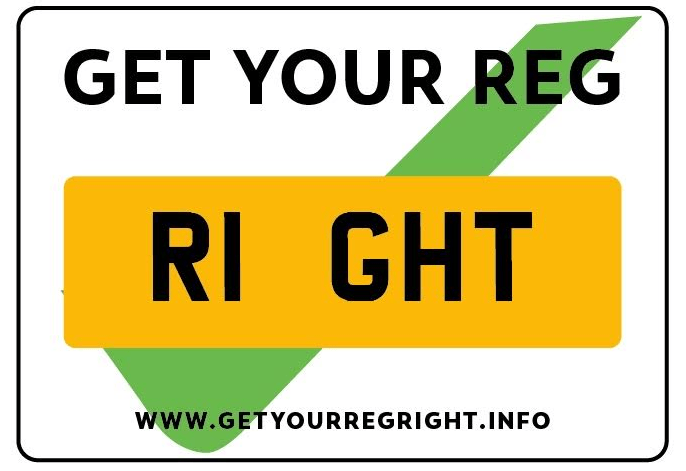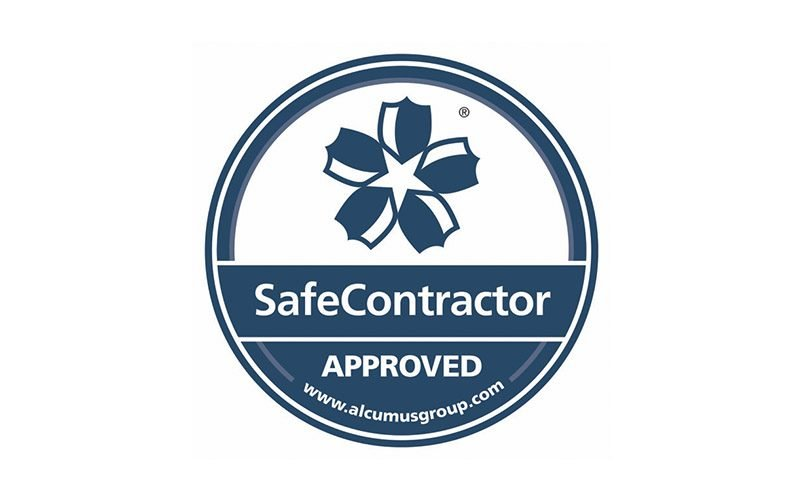Information for Motorists
Parking Terms & Conditions
Motorists are required to read the Terms and Conditions, when they enter the land, at the earliest opportunity. If the Motorist remains on the land, they must abide by the Terms and Conditions. All variations of our terms and conditions are listed below.
All drivers must:
- Enter their full and accurate vehicle registration number into the payment machine
- Pay for the entire duration of their parking upon arrival
- Display a valid pay and display ticket within the windscreen with all the details clearly visible
- Be parked:
- fully within the confines of a single marked parking bay
- in accordance with all other signage located throughout the site
- Vehicles parked in a disabled bay must display a valid Blue Badge within the windscreen with all the details clearly visible
- Blue Badge holders are not exempt from complying with all terms and conditions
- Display a valid parking permit within the Windscreen
- Display a valid pay and display ticket for the duration of your stay
- Have a valid pay by phone period for the duration of your stay
- Enter the full and correct Vehicle registration number when making payment
- NO PARKING
- NO STOPPING
If the Motorist does not want to abide by the Terms and Conditions stipulated, they must immediately leave the site. Failure to abide by the terms and conditions may result in the Motorist incurring a Parking Charge.
Our signs all conform to the requirements of the
IPC code of practice.
Parking Legalities on Private Land
The Protection of Freedoms Act 2012 states (under Schedule 4) that we can charge drivers/registered keepers (as applicable) the amount stated on our car park signage. Our parking charges comply with the guidance issued by the IPC (International Parking Community).
POFA (Protections of Freedoms Act) provides authority to PPC (private parking companies), which are complainant to the IPC code of conduct (such as Parallel Parking Ltd), to acquire payment of an unpaid parking charge from the driver of the vehicle, who has breached/contravened the terms and conditions set out by us, whilst parking. The registered keeper must notify us, within 28 days of requesting information and with the correct name and address of the driver. If the registered keeper has not notified us, the registered keeper will become liable for the unpaid parking charge and must pay.
All challenges/appeals against a parking charge can be made within 28 days from the date a PCN is issued. In the case of your appeal getting approved, the matter will be closed and the driver/registered keeper will not need to pay the parking charge. In a case of the appeal getting rejected, that was made within the 28 days, the driver/registered keeper will be allowed a further 14 days to pay the reduced amount of parking charge. If the parking charge is unpaid after 14 days, the full amount will be charged to the driver/registered keeper. If an appeal has been rejected, the driver/registered keeper may appeal to the IAS (independent appeals service). The Independent Appeals Service is listed by the Certified Trading Standards Institute as a certified Alternative Dispute Resolution organisation. The IAS has been assessed as being competent to deal with domestic and cross-border disputes, relating to unpaid parking charges issued by private parking companies. IAS will consider your appeal. If the appeal is accepted, the matter will be closed, however if it is not accepted, the full parking charge remains due and unsettled. At this point, if the payment has not been made, the case will be passed on to our debt recovery agent, who will chase payments. If payment is still not made, Court proceedings will be issued, at which point Court costs will be claimed. Any unpaid Court Judgment may adversely affect your credit rating.
On the 4th November 2015, the Supreme Court handed down Judgment in the matter between A Private Parking Company and Mr Barry Beavis. This further appeal lodged by the Defendant was heard over the course of three days during July 2015 and the majority decision reached by the Supreme Court dismisses Mr Beavis’ appeal on both grounds.
In reaching this decision, Lord Neuberger, Lord Sumption, Lord Mance, Lord Clarke, Lord Carnwath and Lord Hodge (Lord Toulson dissenting) found that the Parking Charge levied by the Parking Company was neither ‘unfair’, nor ‘penal’, and concluded that the Parking Company had a legitimate interest in charging overstaying motorists.
The Supreme Court also agreed with the analysis of the amount of the Charge previously proffered by both HHJ Moloney and the Court of Appeal, finding that the sum of £85 was neither ‘extravagant, nor unconscionable’, as well determining that the amount of the Parking Charge was reasonable.







